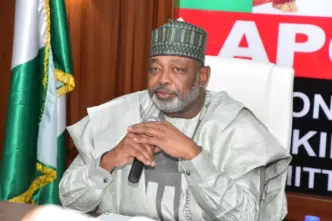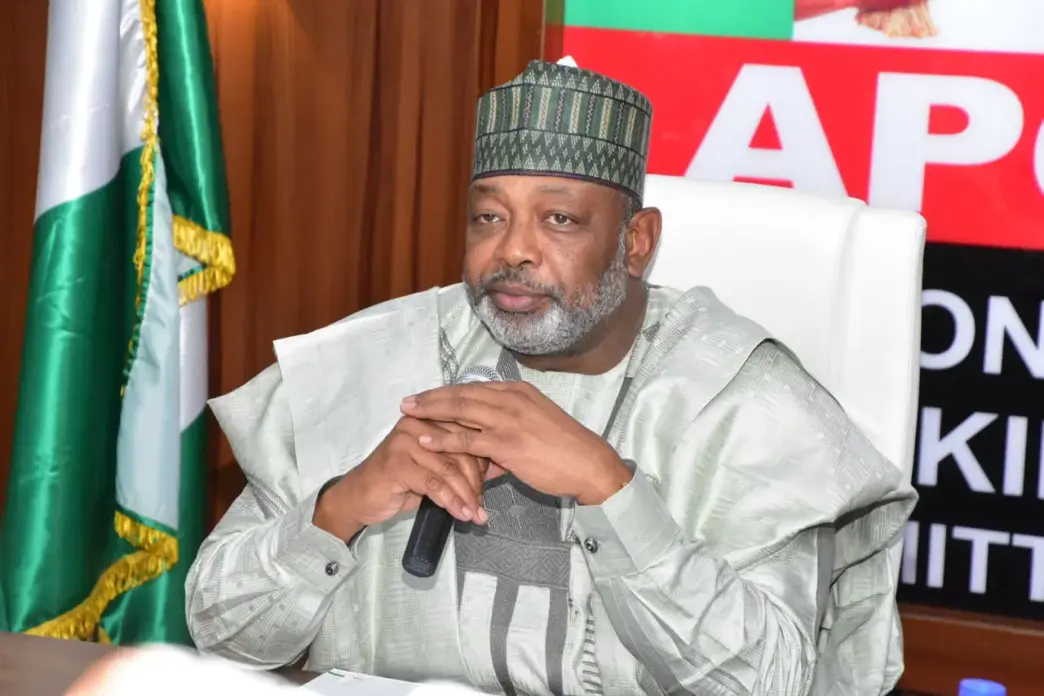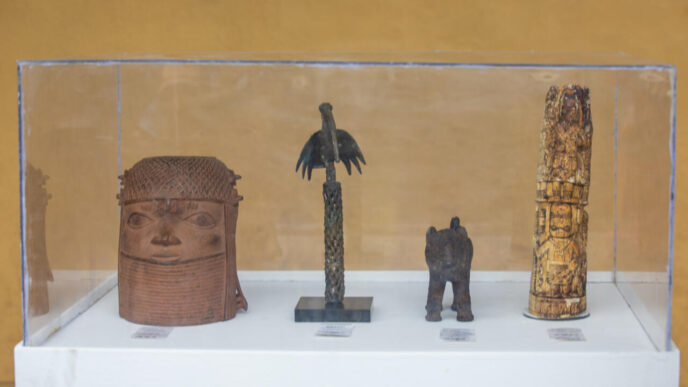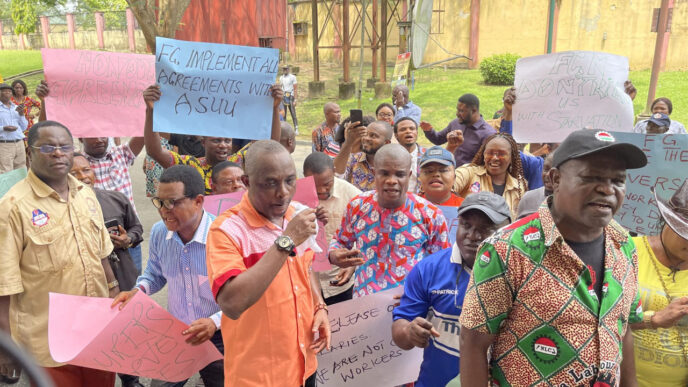Nigeria has reiterated its dedication to strengthening the country’s food security, with the Minister of Agriculture and Food Security, Senator Abubakar Kyari, affirming that sustained investment in farming remains central to President Bola Ahmed Tinubu’s Renewed Hope Agenda.
Speaking in Maiduguri at the national launch of the 2025/2026 wheat production season, Senator Kyari said the government was committed to expanding local cultivation through the National Agricultural Growth Scheme Agro-Pocket (NAGS-APE), a programme designed to support smallholder farmers with essential inputs and modern farming tools.
According to him, the scheme ensures farmers receive high-quality seeds, fertilisers, mechanisation services, irrigation facilities and expert extension guidance.
The initiative, he added, focuses on major wheat-producing states such as Borno, Adamawa, Kano, Kaduna, Taraba and Plateau to reduce Nigeria’s dependence on imported wheat and reinforce national food security.
Kyari stressed that the government was determined to provide farmers with the resources and knowledge required to improve their productivity, adding that thousands were already benefiting from support under the scheme.
Borno State governor, Professor Babagana Umara Zulum, praised the Nigerian government’s continued backing and commended Senator Kyari for prioritising the state as a key hub for wheat cultivation.
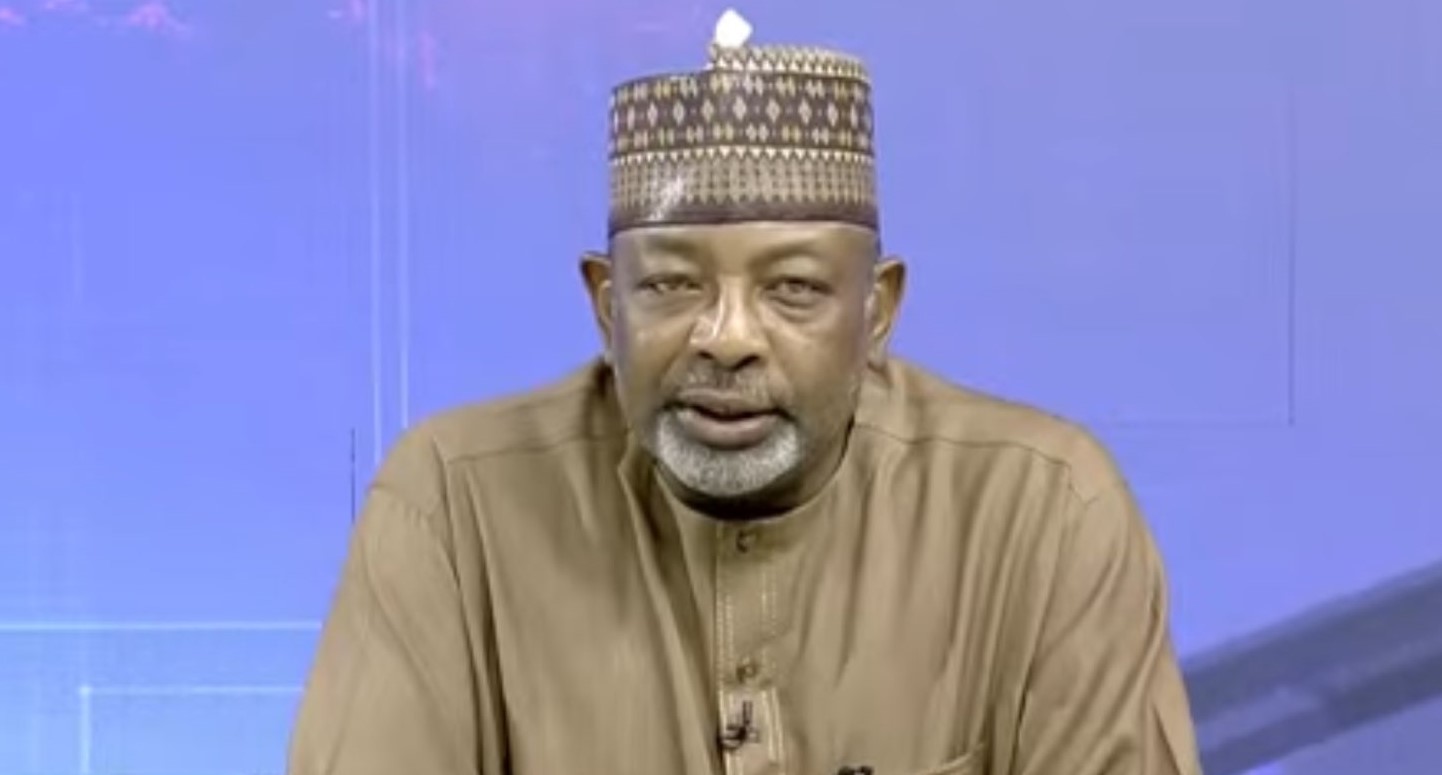
He described the scheme’s launch as a symbol of hope and resilience, noting that significant improvements had been made in the state’s agricultural sector.
Zulum said smallholder farmers across Damasak, Baga, Gala, Bama, Dikwa, Monguno, Bayo and other areas were now farming throughout the year thanks to expanded access to irrigation systems, both solar and conventional pumps, tractors, fertilisers and technical advisory services.
He added that farmers in areas such as Baga, Monguno and Kauwa had recorded harvests strong enough to feed their families for up to two years.
The governor also highlighted ongoing collaborations with the World Food Programme (WFP) and the UN Food and Agriculture Organisation (FAO), which have been supporting vulnerable groups, including returnees, women-headed households and young people in 10 conflict-affected local government areas.
He further applauded the Presidential Agricultural Insurance Scheme for helping farmers mitigate the risks posed by climate change, including flooding, droughts and pest infestations.
Zulum credited the State Ministry of Agriculture and the Agricultural Transformation Team for driving growth, improving local markets and strengthening social cohesion in communities recovering from conflict.
Commissioner for Agriculture, Bawa Musami, welcomed participants to the official launch of the dry-season wheat production programme under NAGS-APE, expressing gratitude to the Federal Ministry of Agriculture for selecting Borno as the starting point for the national rollout.
He said agriculture was being repositioned as a core pillar of national economic prosperity under President Tinubu and Governor Zulum’s shared vision.
Musami noted that Nigeria consumes more than 5.8 million metric tonnes of wheat each year but produces only around 150,000 tonnes, leaving a significant supply gap. Addressing this, he said, required scaling up cultivation, adopting modern farming techniques and boosting productivity.
He explained that Borno possesses one of the largest irrigation potentials in West Africa, with about 400,000 hectares of irrigable land across various basins and valleys, including the Lake Chad Basin and the Komadugu-Yobe Basin.
Ongoing projects such as the South Chad Irrigation Project and the rehabilitation of key irrigation schemes are converting thousands of hectares into productive farmland using solar-powered pumping systems and upgraded infrastructure.
Musami added that the state’s provision of free inputs, mechanisation support, subsidised fertilisers, irrigation services, and extension assistance had significantly reduced production costs for farmers and improved yields.
More than 2,000 hectares were cultivated during the 2024/2025 dry-season programme, reinforcing Borno’s emergence as a major centre for wheat production in Nigeria.


 Trending
Trending 
